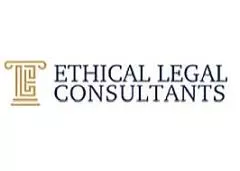- within Litigation and Mediation & Arbitration topic(s)
- within Litigation, Mediation & Arbitration, Family and Matrimonial and Transport topic(s)
- with readers working within the Construction & Engineering industries
The Supreme Court has observed that even after disclosure is made by a candidate about criminal cases pending against him, the employer would be well within his rights to consider the antecedents and the suitability of the candidate.
While considering so, employer can certainly take into account the job profile for which the selection is undertaken, the severity of the charges leveled against the candidate and whether the acquittal in question was an honorable acquittal or was merely on the ground of benefit of doubt or as a result of composition.
The bench comprising Justice D.Y. Chandrachud and Justice U.U. Lalit, while allowing appeal filed by the State of Madhya Pradesh against Madhya Pradesh High Court judgment, observed that the employer can certainly take into account the job profile for which the selection of candidate is undertaken, the severity of the charges leveled against the candidate and whether the acquittal in question was an honorable acquittal or was merely on the ground of benefit of doubt or as a result of composition.
The bench mainly referred to the Judgement of Avtar Singh v. Union of India, wherein it was observed that even in cases where a truthful disclosure about a concluded case was made, the employer would still have a right to consider antecedents of the candidate and could not be compelled to appoint such candidate. It said, in the present case, there is nothing on record to suggest that the decision taken by the authorities concerned in rejecting the candidature was in any way actuated by malafides or suffered on any other count.
Originally Published 26 November 2018
The content of this article is intended to provide a general guide to the subject matter. Specialist advice should be sought about your specific circumstances.


